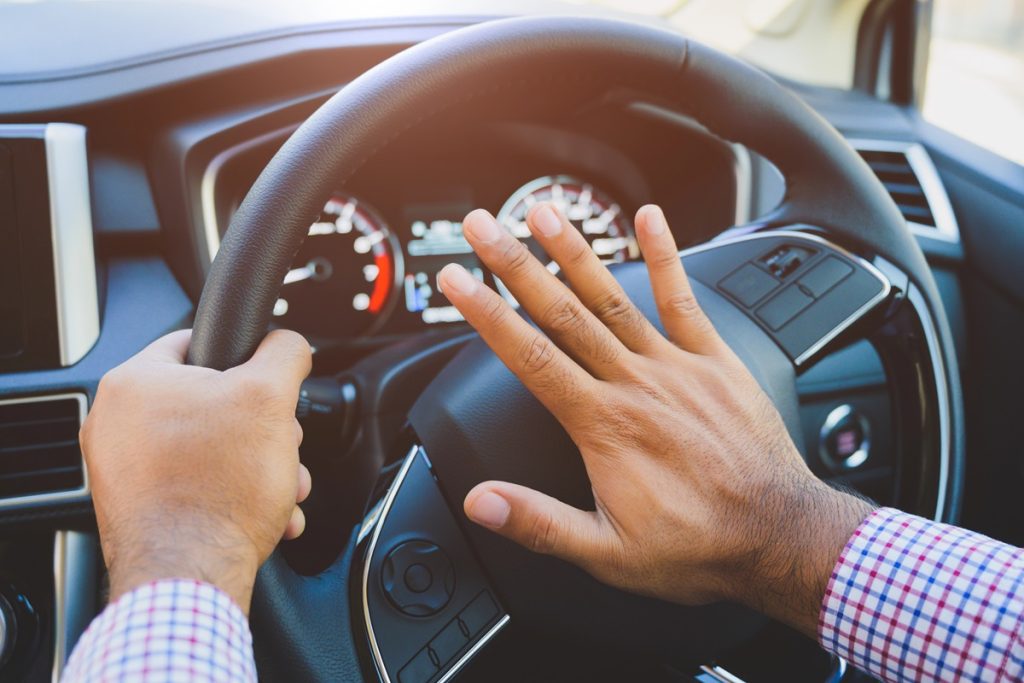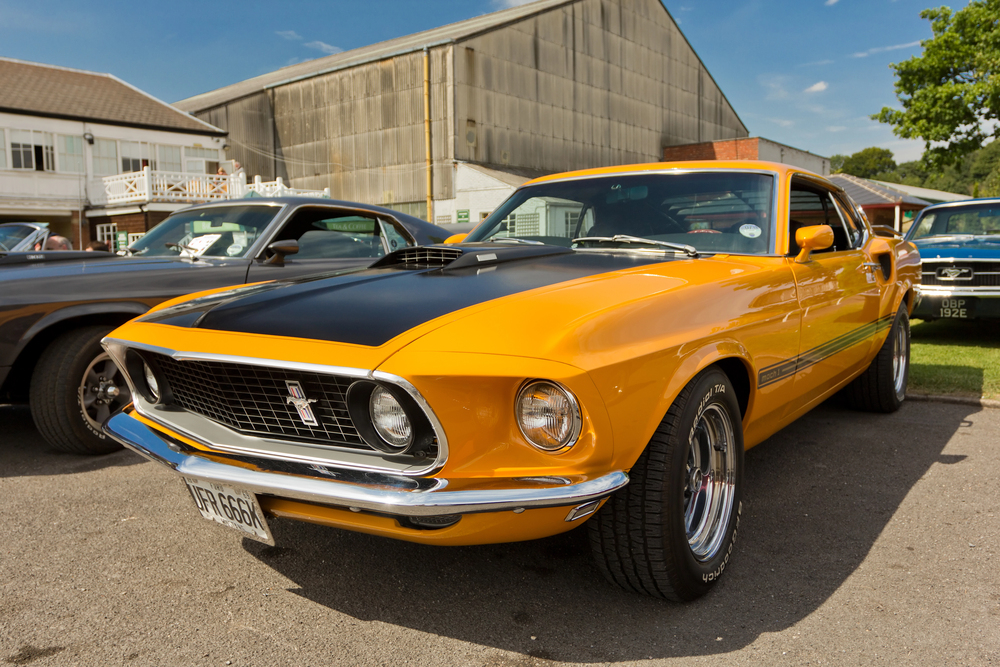Buying a car is a big decision, whether you’re considering a brand new model or a reliable used vehicle. With so many options, financing choices, and hidden costs, it’s important to make an informed choice. This guide answers 15 common car-buying questions to help you find the best deal for your needs and budget.
Is it Better to Buy New or Used?

Buying new means getting the latest features, warranty coverage, and no previous wear, but it comes at a higher price and faster depreciation. Used cars are more affordable, depreciate slower, and may still have warranty coverage, but they might require more maintenance. If budget and long-term value matter most, used is often the smarter choice. However, if you want peace of mind and the latest technology, a new car may be worth it.
What’s the Best Time to Buy a Car?

The best time to buy is typically at the end of the month, quarter, or year when dealerships push to meet sales goals. Holiday sales events, such as Black Friday, Memorial Day, and end of year clearances, also offer good deals. New model releases can make previous year models cheaper as dealerships make room for fresh inventory. Always research pricing trends and negotiate for the best possible deal.
How Much Should I Spend on a Car?

A good rule of thumb is to keep your car budget within 15% of your monthly income for payments or 35% of your annual income for a full purchase. Consider all costs, including insurance, fuel, maintenance, and loan interest, when setting a budget. A cheaper car might save you money upfront but could cost more in repairs down the line. Always strike a balance between affordability and reliability.
Should I Finance or Pay Cash?

Paying cash saves you money on interest and gives you full ownership right away, but it might deplete your savings. Financing lets you spread payments over time, making expensive cars more accessible, though you’ll pay interest. If financing, aim for a short-term loan with a low interest rate to minimize extra costs. Consider your financial situation and whether keeping cash on hand is more beneficial.
Related Post: These 12 Cars Are Appreciating Like Fine Wine – And Why You Should Consider Buying Now
What Credit Score Do I Need to Buy a Car?

A credit score of 660 or higher typically qualifies for good financing rates, while 720+ secures the best deals. Lower scores may lead to higher interest rates or require a larger down payment. If your credit is below 600, consider improving it before applying or look for special financing programs. Always check your credit report before car shopping to spot any errors.
Related Post: 13 SUVs Known for Holding Their Value and Staying on the Road for Over 200,000 Mile
How Much Should I Put Down on a Car?

A 20% down payment is ideal for new cars, while 10% is common for used ones. A higher down payment reduces your monthly payments and interest costs. Some lenders allow as little as 0-5% down, but this increases long-term expenses. If possible, save up to put more down and secure better financing terms.
Related Post: The Secret History of Car Brand Logos: Hidden Meanings and Design Evolution
What’s the Difference Between Leasing and Buying?

Leasing gives you a lower monthly payment and access to a new car every few years but comes with mileage limits and no ownership. Buying costs more upfront but gives you full ownership, allowing you to drive as much as you want and eventually sell the vehicle. Leasing is great for those who prefer new models frequently, while buying is better for long-term savings. Consider your driving habits and financial goals when deciding.
Related Post: 13 Self-Healing Car Paint That it Finally Becoming a Reality?
How Can I Get the Best Financing Deal?

Compare loan offers from banks, credit unions, and online lenders before heading to the dealership. A pre-approved loan strengthens your negotiation power and ensures you get the lowest possible interest rate. Keep your loan term under five years to avoid excessive interest costs. Avoid dealership financing without comparing external options first.
Related Post: Luxury Electric Sedans: Which One Reigns Supreme?
Should I Buy From a Dealer or a Private Seller?

Dealerships offer certified pre-owned options, warranties, and financing, but prices are generally higher. Private sellers often have lower prices, but there’s more risk, and you must arrange your own financing and inspections. If buying privately, always get a vehicle history report and a mechanic’s inspection. Dealers provide more security, while private sales can save money if done carefully.
Related Post: The Future of Electric Pickup Trucks: What’s Coming Next
How do I Negotiate the Best Price?

Research the car’s fair market value before negotiating, using tools like Kelley Blue Book and Edmunds. Start lower than the asking price and be prepared to walk away if the deal isn’t right. Focus on the total price, not just the monthly payment, to avoid hidden fees. Being patient and willing to leave can give you the upper hand.
Related Post: 12 Best Used Cars for Teen Drivers on a Budget
What Fees Should I Expect When Buying a Car?

Expect sales tax, registration fees, title fees, and dealership documentation fees, which can add thousands to the final price. Some dealers also charge destination fees, advertising fees, and extended warranties, so always ask for a breakdown. If buying used, a private sale might save you from some dealer fees but could still involve taxes and registration costs. Knowing the total cost upfront helps avoid surprises and budget correctly.
Related Post: 12 Cheapest Electric Cars That Still Have Great Range
What’s the Difference Between a Certified Pre-owned (CPO) and a Regular Used Car?

CPO cars are inspected, refurbished, and sold with a warranty, often by the original manufacturer, making them more reliable than regular used cars. They usually have lower mileage and come with perks like roadside assistance, but they cost more than non-certified used vehicles. A regular used car may be cheaper but carries more risk without the added protection. If you want peace of mind without paying for a new car, CPO is a great middle ground.
Related Post: 15 Car Features That Are a Complete Waste of Money
How Do I Check a Used Car’s History?

Use services like Carfax or AutoCheck to review accident reports, previous owners, and service history. Request maintenance records and check for open recalls or major repairs. A clean history doesn’t guarantee a perfect car, so always combine the report with a mechanical inspection. If a seller refuses to provide a report, it’s a red flag to walk away.
Related Post: 13 Celebrity Car Restorations: Bringing Classics Back to Life
Should I Get a Pre-purchase Inspection for a Used Car?

Yes, a pre-purchase inspection by a trusted mechanic can reveal hidden issues before you buy. It costs around $100-$200 but can save thousands in future repairs. Even if the car looks great, underlying problems like engine wear or frame damage may not be visible. If the seller refuses an inspection, that’s a strong sign to look elsewhere.
Related Post: 12 Loudest Stock Car Horns You Can Buy
What are the Best Used Cars to Buy?

Reliable brands like Toyota, Honda, and Subaru offer used models with strong resale value and lower repair costs. Models like the Toyota Camry, Honda Civic, and Subaru Outback consistently rank high in reliability and longevity. Avoid vehicles with frequent recalls, major transmission issues, or poor consumer ratings. Research reviews, reliability scores, and maintenance history before deciding.
Related Post: 13 SUVs Known for Holding Their Value and Staying on the Road for Over 200,000 Mile
Buying a car is one of the biggest financial decisions you’ll make, so it’s crucial to research and plan carefully. Whether you go for a new or used car, understanding financing, reliability, and long-term costs ensures you make a smart choice. Test drive, inspect, and negotiate to get the best deal possible. A well informed buyer saves money and avoids costly mistakes.
Disclaimer: This list is solely the author’s opinion based on research and publicly available information.
These 12 Cars Are Appreciating Like Fine Wine – And Why You Should Consider Buying Now

Most cars lose value the moment they leave the lot, but some defy the odds and appreciate over time. Whether due to limited production, cult status, or timeless design, these vehicles are aging like fine wine, becoming more desirable (and valuable) every year. If you want a car that’s more than just transportation but a smart investment, now is the time to buy. Here are 12 cars climbing in value and why they’re worth considering before prices soar.
Read it here: These 12 Cars Are Appreciating Like Fine Wine – And Why You Should Consider Buying Now
12 Best Used Cars for Teen Drivers on a Budget

Buying a used car for a teen driver requires balancing affordability, safety, and reliability. The best choices have strong safety ratings, good fuel economy, and low maintenance costs. From compact sedans to practical hatchbacks, these budget-friendly options offer dependable transportation without overspending. Here are 12 great used cars for teen drivers.
Read it here: 12 Best Used Cars for Teen Drivers on a Budget
12 Cheapest Electric Cars That Still Have Great Range

Switching to an electric vehicle doesn’t have to mean spending a fortune. While many high-end EVs dominate the headlines, there are plenty of affordable options that still deliver impressive range. These vehicles offer the perfect balance of efficiency, technology, and practicality, making them great choices for budget-conscious drivers. If you’re looking for an EV that won’t break the bank but can still take you the distance, these models prove that you don’t have to compromise.
Read it here: 12 Cheapest Electric Cars That Still Have Great Range
You’ll love these related posts:


